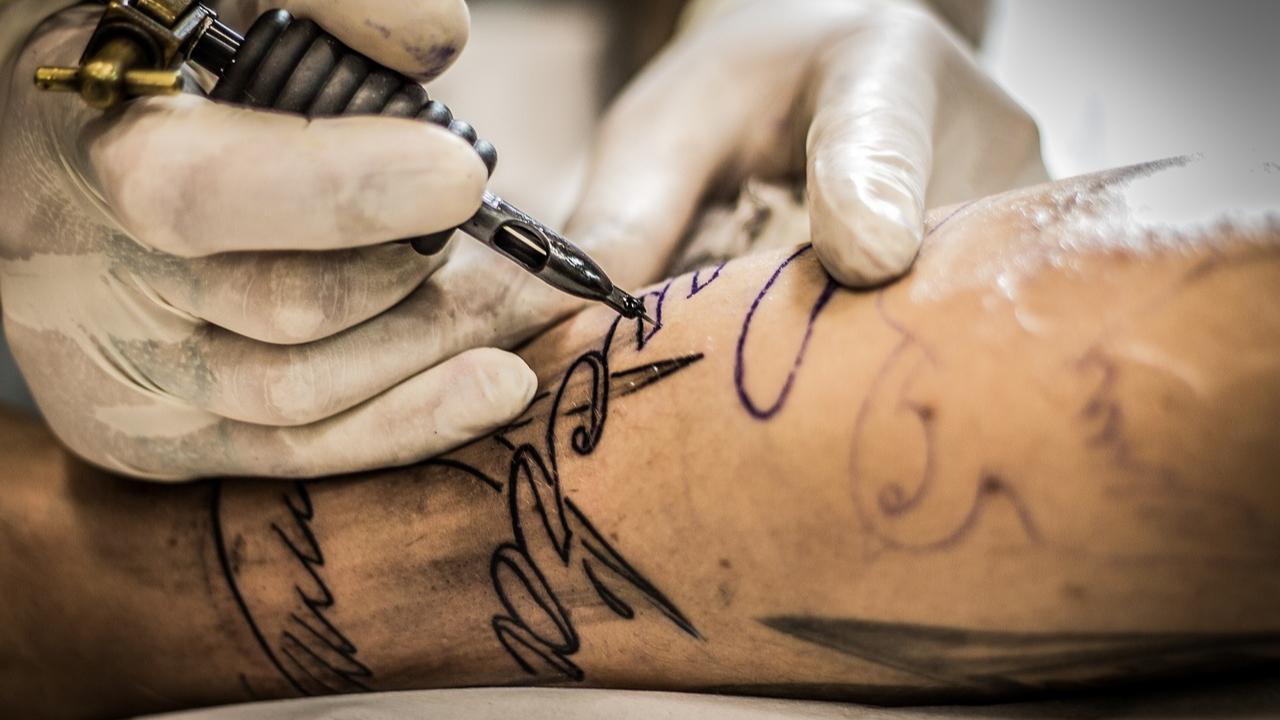Home / Lifestyle / Health & Fitness / Article /
Love getting tattooed? Doctors say ink, needle may raise risk of HIV, cancers
Updated On: 30 May, 2024 04:55 PM IST | New Delhi | IANS
The most obvious health concerns emanate from the use of possibly infected needles used to draw these tattoos in non-expert hands the risk of contracting infections like Hepatitis B, C or even HIV
Listen to this article :

Image for representational purpose only. Photo Courtesy: istock/Pixabay
Love to get tattooed? Beware, the ink and needle used may raise your risk of getting diseases like Hepatitis B, C, HIV, and even cancers of the liver and blood, warned doctors on Wednesday.
Tattoos have become very popular, especially among the youth, as a form of body art and a means of expressing their thoughts or passion.



